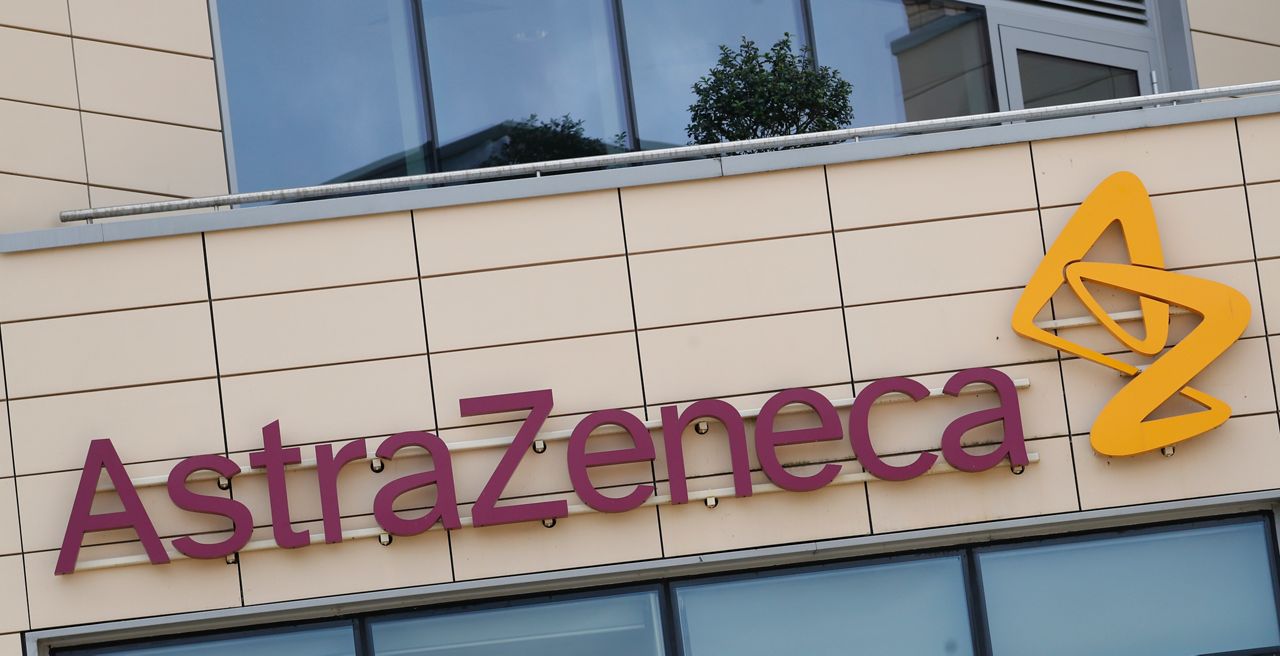Drugmaker AstraZeneca on Tuesday announced that it has asked the U.S. Food and Drug Administration (FDA) to authorize a first-of-its-kind antibody treatment aimed at preventing COVID-19 in people who are at high risk of the disease.
If the FDA grants emergency use authorization (EUA), it would be the first preventative antibody treatment available in the United States.
Late-stage human trials showed that the antibody drug, known as AZD7442, reduced the risk of developing symptomatic COVID-19 by 77%. More than three-quarters of the participants had suppressed immune systems and other conditions that made them more susceptible to severe disease.
Unlike other antibody treatments authorized for use in the U.S., such as the one developed by Regeneron given to then-President Donald Trump and Texas Gov. Greg Abbott when they tested positive for the coronavirus, the AstraZeneca drug would be given as a preventative measure to those who are especially vulnerable to COVID-19.
“Vulnerable populations such as the immunocompromised often aren’t able to mount a protective response following vaccination and continue to be at risk of developing COVID-19,” Mene Pangalos, AstraZeneca’s executive vice president for pharmaceutical research, said in a statement. “With this first global regulatory filing, we are one step closer to providing an additional option to help protect against COVID-19 alongside vaccines.”
The FDA has authorized three other antibody treatments already, including two that can be given after a possible COVID-19 exposure to head off symptoms.
The drugs are lab-made versions of virus-blocking antibodies that help fight off infections. The treatments help the patient by supplying concentrated doses of one or two antibodies.
The FDA has repeatedly stressed that antibody drugs are not a substitute for vaccination, which is the most effective and long-lasting form of virus protection. Antibody drugs are expensive to produce and require an IV or injection and health care workers to administer.
Demand for the treatments in the U.S. soared over the summer, particularly in states like Florida, Louisiana and Texas, where unvaccinated patients threatened to overwhelm hospitals.
AstraZeneca said it is in purchase talks with the U.S. and other governments around the world.
The Associated Press contributed to this report.



